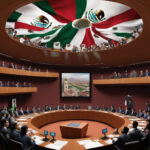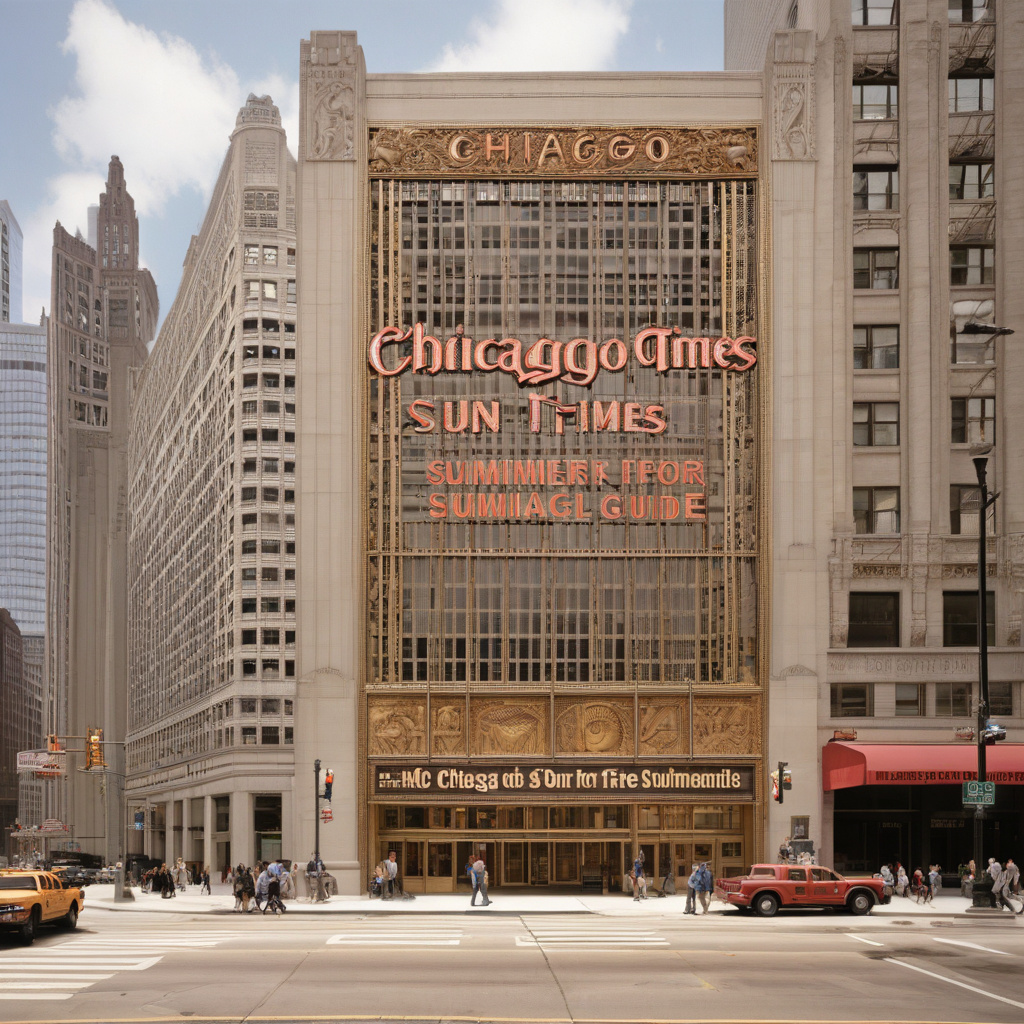Chicago Sun-Times Faces Backlash Over Fake Summer Guide
Chicago Sun-Times, a renowned source of news and information for the Windy City, found itself in hot water recently due to a scandal involving a fake summer guide. The publication included fictional titles and fabricated experts in the summer feature, leading to a wave of criticism and ultimately forcing the paper to take down the section and reassess its content policies.
The incident has raised serious questions about journalistic integrity and the importance of fact-checking in today’s media landscape. Readers rely on trusted news outlets to provide accurate and reliable information, especially when it comes to guides and recommendations for seasonal activities. By including fake titles and experts in its summer guide, Chicago Sun-Times not only misled its audience but also damaged its own credibility as a reputable news source.
In response to the backlash, the Sun-Times issued a public apology and pledged to conduct a thorough review of its editorial processes. This incident serves as a reminder to media organizations everywhere about the need for stringent fact-checking procedures and editorial oversight to prevent similar lapses in the future.
The repercussions of such a misstep can be far-reaching, affecting not only the publication’s reputation but also its relationship with readers and advertisers. Trust is a fundamental currency in journalism, and once it is eroded, rebuilding it can be a daunting task. The Chicago Sun-Times now faces the challenge of regaining the trust of its audience and demonstrating a commitment to accuracy and transparency in its reporting.
This incident also highlights the broader issue of misinformation in the digital age. With the proliferation of fake news and disinformation online, readers are increasingly skeptical of the information they encounter, making the role of trusted news sources more important than ever. By upholding the highest standards of accuracy and ethics, publications like the Chicago Sun-Times can distinguish themselves from the sea of unreliable sources and provide readers with the credible information they need.
As the Chicago Sun-Times grapples with the fallout from the fake summer guide scandal, it has an opportunity to reaffirm its commitment to journalistic principles and rebuild the trust of its audience. By taking decisive action to address the issue, conducting a thorough review of its editorial processes, and being transparent about its findings, the Sun-Times can turn this negative experience into a learning opportunity and emerge stronger and more resilient in the face of future challenges.
In conclusion, the Chicago Sun-Times’ inclusion of fictional titles and fabricated experts in its summer guide was a serious breach of journalistic ethics that has damaged its credibility and reputation. However, by taking responsibility for its mistake, conducting a thorough review of its editorial processes, and demonstrating a renewed commitment to accuracy and transparency, the Sun-Times has the potential to regain the trust of its audience and emerge from this incident as a stronger and more trustworthy news source.
Chicago, Sun-Times, fake news, journalistic integrity, media ethics












